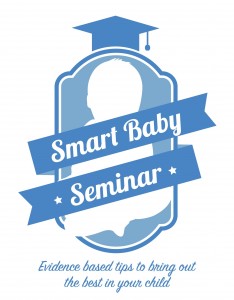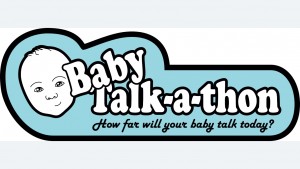
At BLIP Lab, we understand that our sensory systems can be shaped by our experiences, and the way that information interacts across the senses during development can provide unique insights into the way the mind works. For this reason, we love working with infants and children, to find out more about these dynamic processes over the life course.
Click here to join us as citizen scientists!
Our current projects with babies include…
Baby Talk-a-thon
What do different babies hear in multilingual Singapore? How do different families’ language mixes shape learning as babies grow? Join us in our investigation of the speech babies in Singapore hear around them. We are looking for 100 special Singaporean families to help us understand the language landscape that babies hear in Singapore! Find out more here.
This project is supported by CRADLE@NTU and Singapore’s NRF.
Red-Dot Baby-Talk
Do you say jalan? What does pom pom mean? Does a 3-year-old know durian? Here in Singapore, some of babies’ first words are special red-dot words that are part of what makes baby-talk in this part of the world special! Not much is known about when little kids learn these words, and how they contribute to general language skills. We are launching a special study to find out. Find out more about it here!
The Shape of Sounds in Singapore
In our recent research with adults, we have shown that speakers of Chinese inhabit a subtly different ‘sensory world’ compared to people who have never spoken a tone language: We have shown that people with different language backgrounds have different preferences for how to match up experiences across the senses, especially when it come to tone. We will be investigating whether pre-reading toddlers and pre-verbal infants show these patterns as well, or whether these effects come after years of language experience.
This project was funded by NTU’s Nanyang Assistant Professorship Scheme.
You might like to join us in our research with babies.
Past studies
I Say, You Say
Over time, we develop a habit of associating certain words with each other. But adults and children may have different word association patterns. When we say go, children are more likely to say home while adults would probably say went. If you’re a parent or caregiver who spends a lot of time with young children, how does it affect your word association patterns? Join us in an easy over-the-phone game by signing up with us here!
Talk Together Study
How does language development change for our little ones while we’re stuck at home? If you have a child between 8-36 months old and are interested, check out our latest study! ‘Talk Together’ aims to investigate how children’s language development may change with parents spending extended time with them under these post-Circuit Breaker circumstances in Singapore. Click here for more information!
Have you heard about our SMART BABY SEMINAR?

Brought to you by Developmental Psychologists at NTU, and our colleagues across Singapore, The Smart Baby Seminar is an event where you can learn about the latest in baby Science, and discover evidence-based tips and tricks to bring out the best in your baby. We held the first three events in 2016 in February, September and October. We hope to bring you more of these public events in the future. You can find out more about these exciting events here.
These events were supported by Singapore’s NRF, as well as NTU’s Centre for Liberal Arts and Social Studies (CLASS).



